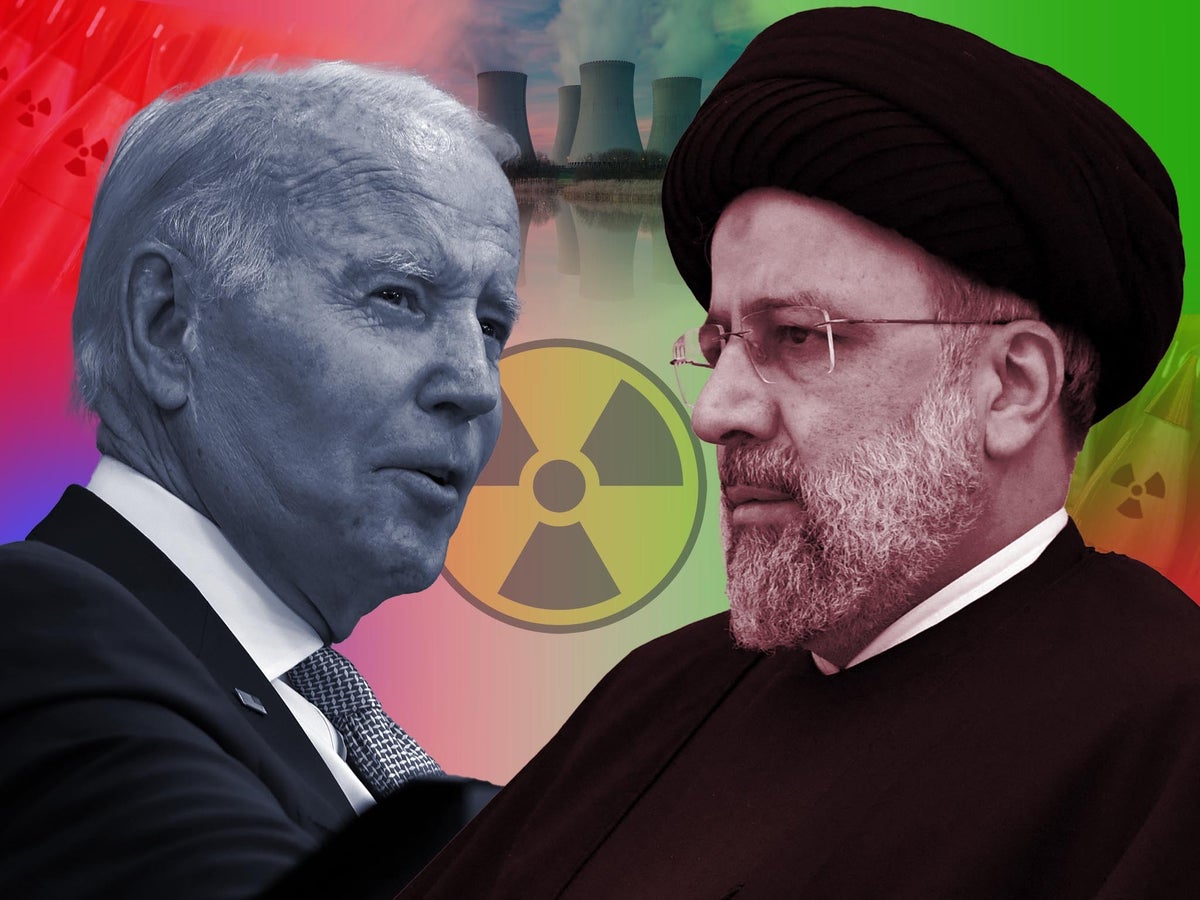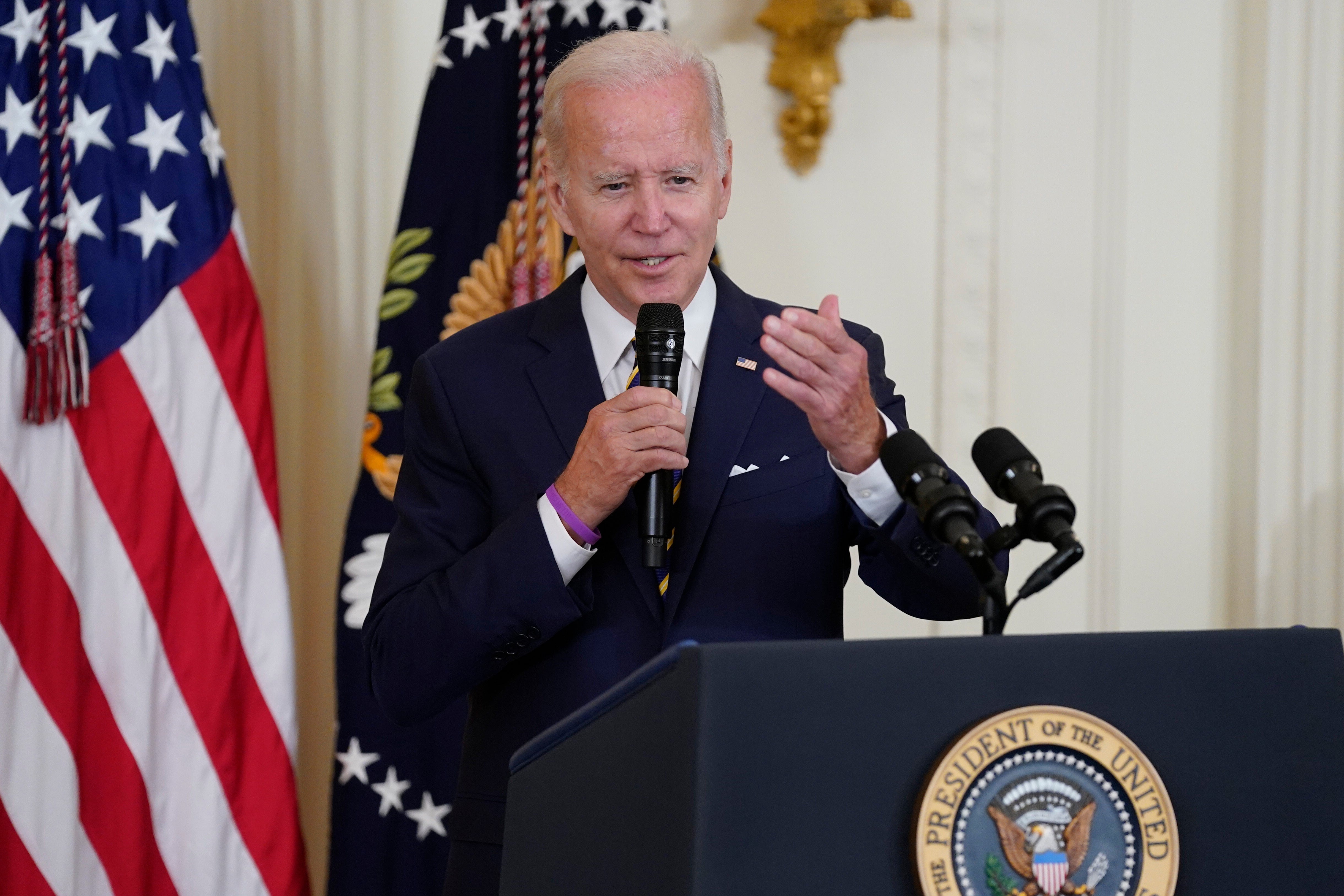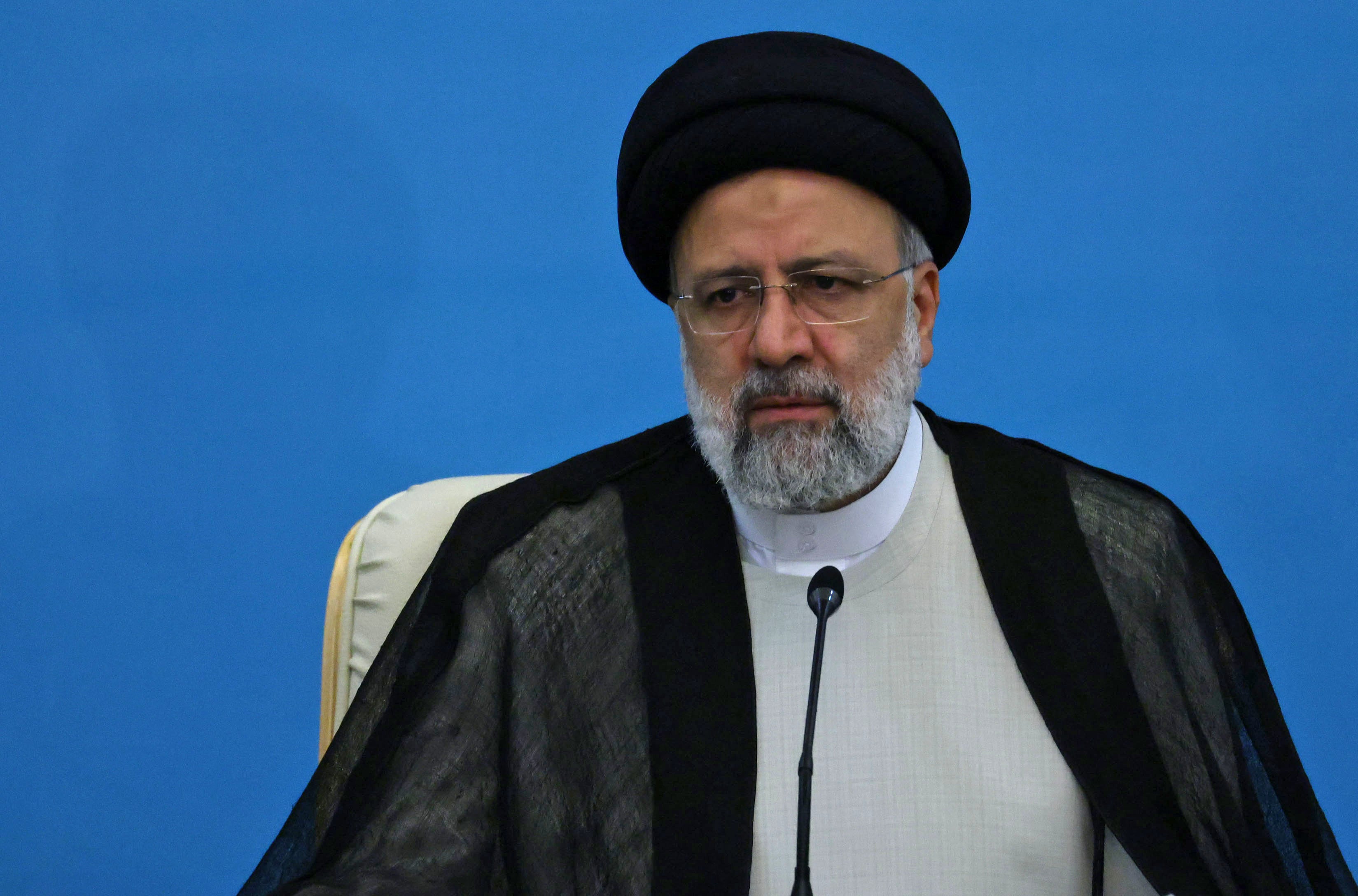
Iran is accusing the United States of dithering. Washington accuses Tehran of having frittered any goodwill over months of intransigence. And both sides are struggling to present any return to the nuclear deal as a victory.
Meanwhile, an exasperated European Union has shorn its status as messenger and taken a more active mediator role, urging both America and the Islamic Republic to embrace a deal they both say they want.
“The world would be a much safer place if we could just make this deal work again,” EU foreign affairs chief Josep Borell told reporters on Monday.
Experts and diplomats say the US and Iran are closer than ever to returning to the terms of the 2015 Joint Comprehensive Plan of Action (JCPOA) abandoned under the presidency of Donald Trump.
The agreement removed sanctions on Iran in exchange for a rolling back of Tehran’s nuclear programme. Its abandonment by the US prompted a wave of harsh sanctions, and what arms control experts have described as a dangerous expansion of Iran’s nuclear programme.
President Joe Biden has promised a return to the deal. Nearly 18 months of negotiations have produced modest breakthroughs. Tehran dropped its demand that the US remove Iran’s elite Revolutionary Guard from its list of terrorist organisations. Washington has apparently for now abandoned ambitions to build on the nuclear deal to address Iran’s missile programme and support for armed groups.

Mr Borrell earlier this month circulated a draft proposal that was to be a final outline for a step-by-step return by both parties into compliance with the terms of the deal. Iran came back with some proposed tweaks, and is now annoyed that Washington has yet to respond.
”If Iran needs the deal, America and Europe need it more than Iran does,” Iran’s foreign ministry spokesman Nasser Kanani said on Monday, according to the official Islamic Republic News Agency. “What is important now is the American party’s procrastination in giving its response.”
The US has dismissed Iran’s critique, insisting it would consult allies and take its own sweet time, just as Tehran did during a bout of negotiations in Vienna earlier this year.
“After months of painstaking diplomacy and dialogue, we arrived at the text essentially of a deal that we were prepared for a mutual return to full implementation of the JCPOA based,” US State Department spokesman Ned Price told reporters on Monday. “It was Iran, of course, that was not prepared to say the same.”
Many diplomats are frustrated, hoping to clear the item from their agenda, and perhaps make their governments’ jobs easier by getting Iranian oil back into the market to make up for energy shortfalls caused by the Ukraine war. Oil prices are already down in anticipation of a return to the deal. It could be that both sides are just trying to frame any return as a win.
“Both sides want a deal to be concluded,” said Hamidreza Azizi, at the German Institute for International and Security Affairs in Berlin. “At the same time, they don’t want to be seen or considered as the losers. They’re resorting to a variety of tactics, including media manoeuvring and making some adjustments in the final proposal. They try to gain a face-saving outcome out of the negotiations.”
Iran and the US both need to frame any return to the deal as a win to appease domestic opponents of the deal.
Already Republicans and pro-Israel Democrats are grumbling that the US is giving Tehran too many concessions by returning to the deal after Iran has bolstered its nuclear know-how by enriching uranium to near weapons-grade and installing advanced centrifuges. Removal of sanctions will unfreeze billions of dollars in Iranian assets frozen in foreign banks.
The hardline Iranian government of President Ebrahim Raisi is dominated by former sceptics of the JCPOA, who had accused the country’s previous moderate administration of submitting to the West by making the agreement in 2015.

“There’s still a group in Iran that doesn’t want a deal and prefers to maintain the status quo,” said Ellie Geranmayeh, of the European Council for Foreign Relations. “The Raisi government is going to have a slight uphill struggle to prevent obstacles being thrown in its way when it comes to implementation.”
Both sides may understand that even after the deal is signed, new perils could arise. Leaks suggest any return to the deal will be done in monthly stages, with Washington removing sanctions as Iran rolls back nuclear production and capacity.
Ms Geranmayeh cautions that each step of the way could be fraught. Congress could raise a stink in Washington. Iran could fail to resolve questions about its past nuclear programme, a sticking point in negotiations.
Israel vehemently opposes a return to the deal and is pressuring Washington and other Western leaders against a return. Israel has warned that it is not bound by any agreement signed by the West, and it has allegedly been behind a campaign of sabotage and assassinations inside Iran that have at times roiled diplomatic endeavours.
“We have this very tricky two-or-three-month period that is going to be almost more delicate than before,” said Ms Geranmayeh. “We know it’s going to be an uphill struggle to get trade with Iran started, and that’s going to require a lot of technical work at a time when everyone is exhausted after 18 months of negotiations. There’s a bandwidth issue.”
After the 2015 deal, US secretary of state John Kerry toured the world in an attempt to drum up diplomatic support and economic buy-in for the JCPOA, which he saw as his administration’s crowning diplomatic achievement. Experts doubt Antony Blinken could play such a role, but Europe could play a similar role this time, as suggested by EU chief Borrel’s role in the latest diplomacy.
“What has actually caused this new wave of optimism has been the changing role of the European Union,” said Mr Azizi. “We have Iran and the US on both extremes and we have the EU in the middle trying to mediate between them.”







